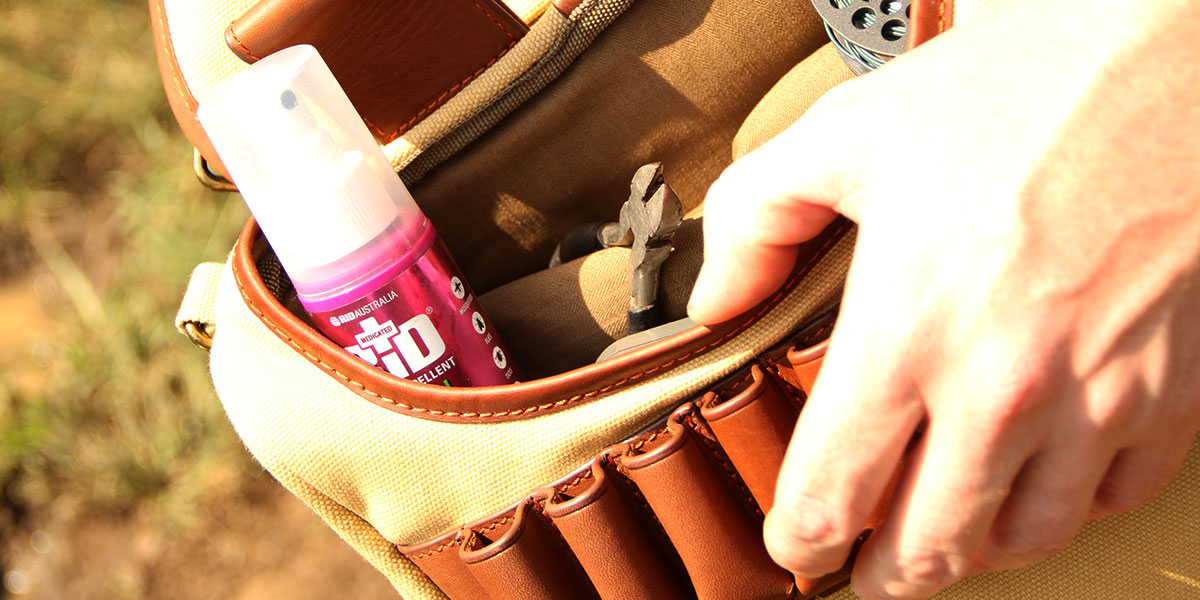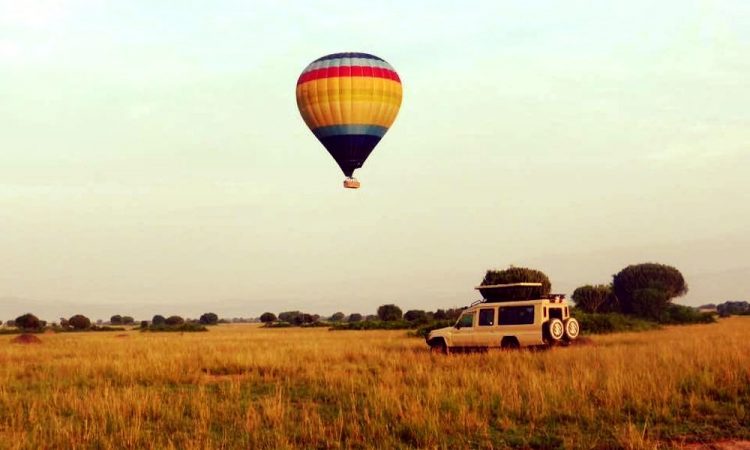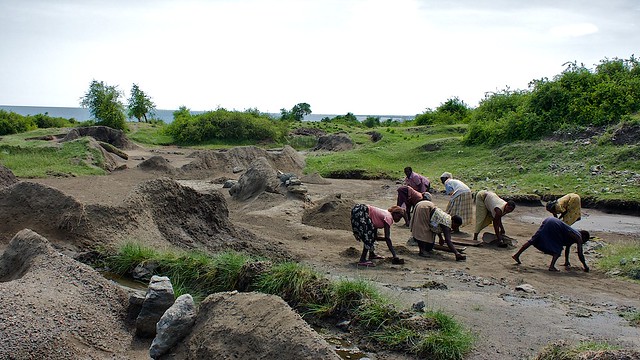Surviving Malaria On Safari
Surviving Malaria On Safari: Among the most commonly asked questions is Malaria. We get a lot of our clients asking us about the risks/chances of catching Malaria on while on safari. In this article, we talk about malaria in-detail giving all facts about this potentially deadly disease and also give you practical tips on surviving malaria on safari. From transmission to prevention, we’ll keep all information in here plain and simple for all to understand.
With no intention to scare you, we will endeavour to explain to you how serious malaria can be and why to protect yourself from catching it at all. We believe that if you know the facts, then you are a lot well equipped to survive catching it.
Quick Links through this article:
- What is Malaria?
- What are the Signs and Symptoms of Malaria?
- How do I confirm I have malaria?
- How do I treat malaria?
WHAT IS MALARIA?
Malaria is perhaps one of the deadliest diseases on the African continent Killing approximately one child every 30 seconds, about 3,000 children every day, and well-over one (01) million people each year.
Malaria is transmitted by the female Anopheles mosquito. The mosquito bites the human and injects the malaria parasite into ones blood system, from where the parasite travels into the liver and keeps multiplying. The parasites then infect the red blood cells. It is at this point that the person will become symptomatic. symptoms begin to manifest in a person.
The parasite at this stage can be picked up again by a mosquito that bites the human. It undergoes another lifecycle in the mosquito’s stomach. From there the parasite travels to the mosquito’s salivary glands, and the whole process repetitive.
Malaria is however not contagious. It can’t spread from person to person like a cold or flu. It is also not sexually transmitted.
WHAT ARE THE COMMON SIGNS & SYMPTOMS OF MALARIA?
The commonly known signs & symptoms of malaria are tiredness, sweating and chills, headache, painful muscles among others. The signs are often similar to those of a cold or flu and generally make you feel feverish. Nausea, vomiting and diarrhoea may also occur. Symptoms usually begin 10 days to a month after infection but, depending on the strain, one may present with symptoms a lot earlier, or as much later than a year.
If left untreated, symptoms can result in mental disorder, causing a seizure, kidney failure, coma and most commonly result in death.
Should you feel ill in any way during or after your stay in a malaria area, or after leaving the area, consult your medical practitioner immediately and be sure to tell them that you’ve been to a malaria-endemic area.
BESIDES THE SIGNS & SYMPTOMS, HOW DO I CONFIRM I HAVE MALARIA?
Malaria can only be reliably diagnosed in a laboratory after taking a blood sample and looking at it through a microscope. This should only be done by an experienced person. We recommend taking fast action in getting tested for malaria especially if some of the above signs show up on you. However, in the event that you are on safari in the remotest parts of Africa and can’t readily get a descent laboratory, some medications can be recommended. We advise starting on some treatment right away as you try to find a proper hospital or medic to see. Kindly avoid taking chances with malaria.
HOW DO I TREAT MALARIA?
Malaria is 100% treatable, and it is important that you get treated immediately
While it is possible (and wise) to take standby treatment, such as Coartem®, as part of your medical kit this should not, under any circumstances, be considered as an alternative to seeking medical care. It is indicated for the treatment of uncomplicated malaria and may well treat you, BUT if you have severe malaria it may progress very quickly and require other medicines, such as artemether.
We can’t stress this any better, but kindly seek medical attention at the show of any signs and symptoms of malaria – take no chances with malaria.
Having known the dangers malaria pose to human life, we now bring you a list of practical tips that will help you in surviving malaria on safari.
Non Medicinal way of surviving malaria on safari
The most effective way of avoiding malaria is to avoid being bitten by mosquitoes. While this sounds impossible when you’re coming to Africa to spend your time outdoors, there is a number of things travellers can do to keep away from mosquito bites that could lead to catching malaria:
- Bring long-sleeved shirts and trousers for after sunset when the mosquitoes begin to bite.
- Use insect repellants, both on yourself and in your accommodation.
- Always sleep under a mosquito net. most lodges provide nets over the beds.
The Medicinal approach of surviving malaria on Safari
Antimalarial (Prophylaxis)
There are three (03) main options when it comes to malaria prophylaxis medicines. These should be used alongside the measures against being bitten by mosquitoes mentioned above. The choice of which medicine should be used must be decided on a person-by-person basis in consultation with your doctor.
The best three (03) malaria prophylaxis medicines used in the prevention of Malaria in most malaria regions include;
Atovaquone/proguanil
Taken daily (250 mg/100 mg), starting 48 hours’ before entering the malaria area, daily while in the area, and daily for one week after leaving the area.
The most common side effects are headache and nausea, vomiting and/or diarrhoea. Again, taking the medicine with a big meal can minimise this.
Doxycycline
Taken daily (100 mg), starting at least 48 hours’ before entering the malaria area, daily while in the area, and daily for four weeks after leaving the area.
The most commonly experienced side effects are gastrointestinal (nausea, vomiting, diarrhoea). Taking the medication with the biggest meal of the day helps to minimise this. Doxycycline may also cause oesophagitis (burning throat), but swallowing the pill with a large glass of water and staying upright for a while after taking will prevent it.
Doxycycline may interfere with the efficacy of the oral contraceptive pill. Avoid milk/dairy products for a couple of hours as it may affect absorption.
Mefloquine.
Taken weekly (250 mg), starting at least 10 days before entering the malaria area, weekly (on the same day of the week) while in the area, and weekly for four weeks after leaving the area.
Mefloquine is contraindicated in people with a history of epilepsy, cardiac problems or psychiatric problems. The drug may cause psychiatric side effects ranging from mild anxiety and nightmares too, in the most severe cases, psychosis. Report any such side effects to your doctor, as you may need to change to an alternative malaria prophylaxis medication.
A number of factors will influence the choice of antimalarial that you eventually decide to take. These include one’s underlying medical conditions and their tolerance to the chosen anti-malarial.
If you are travelling with children, or are pregnant (or wanting to fall pregnant), breastfeeding or have any known underlying medical conditions, it is important to discuss your anti-malarial medicine options with your doctor prior to the start of your safari.
We advise starting your antimalarials well in advance, to ensure that your side effects are tolerable or consult your doctor.


